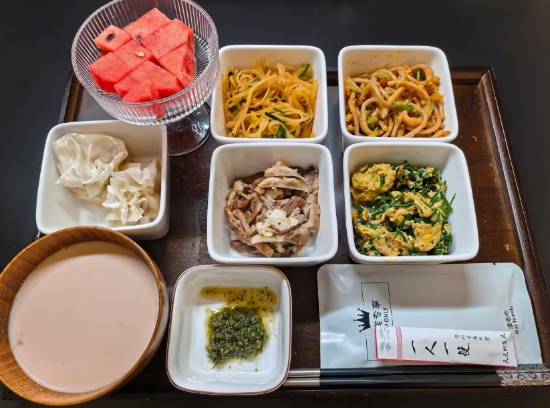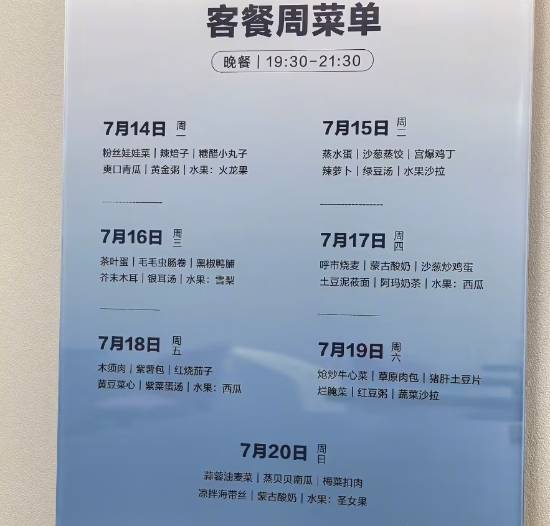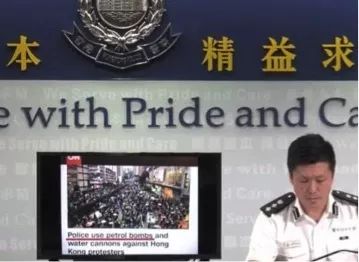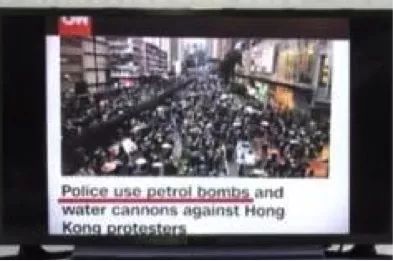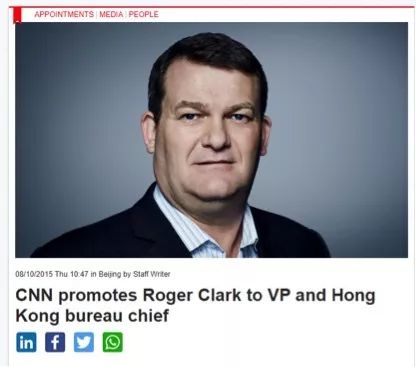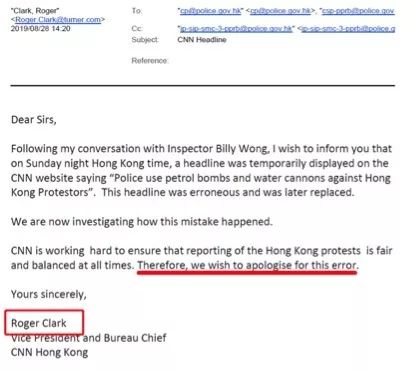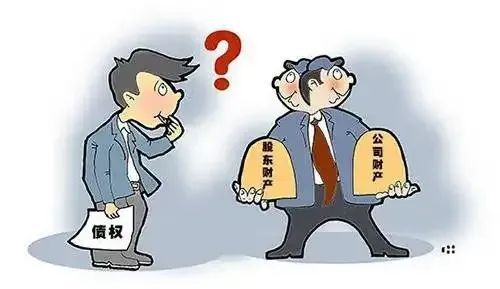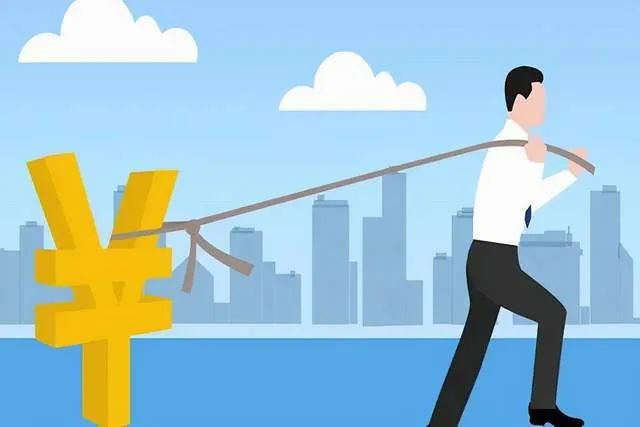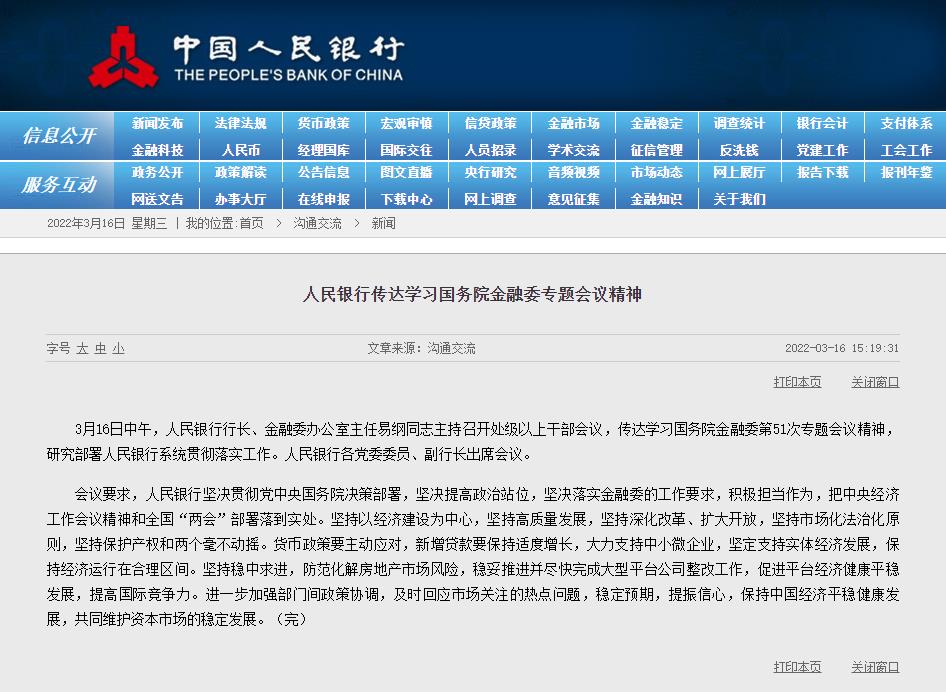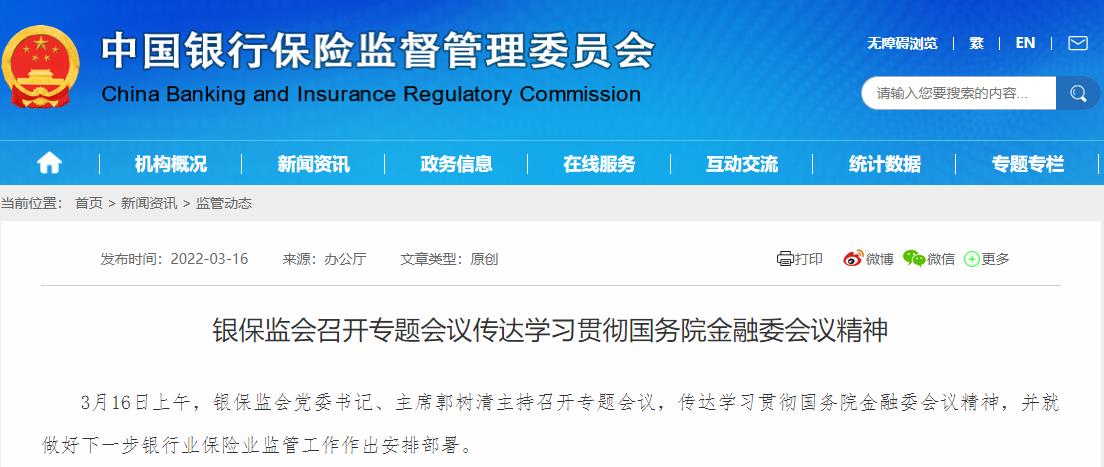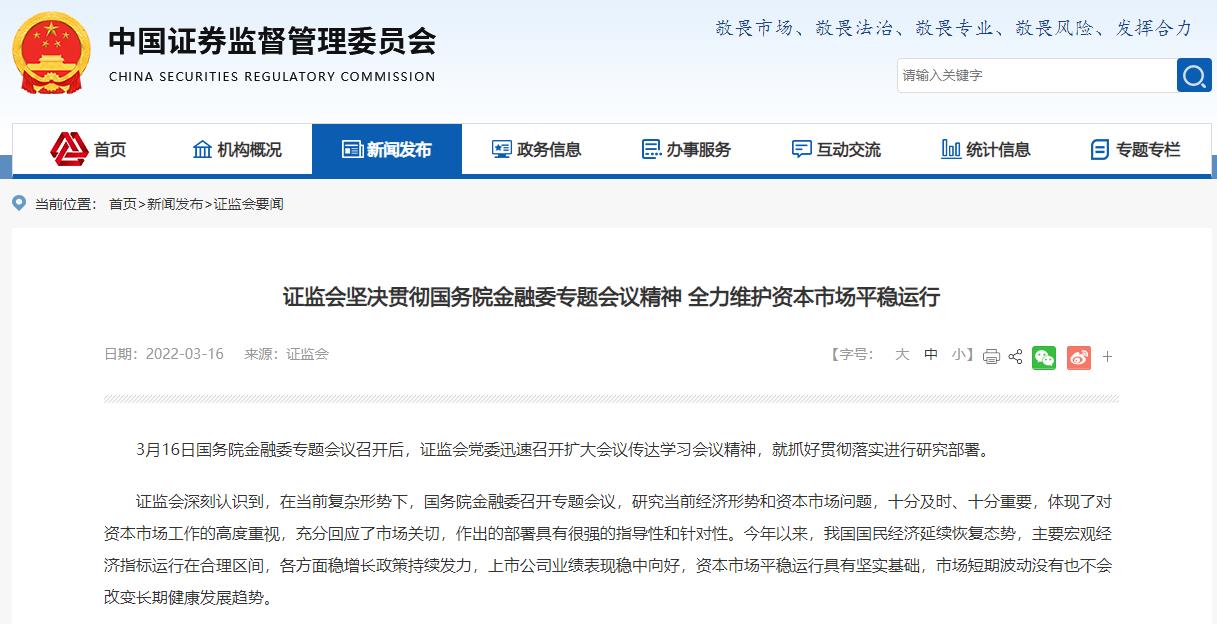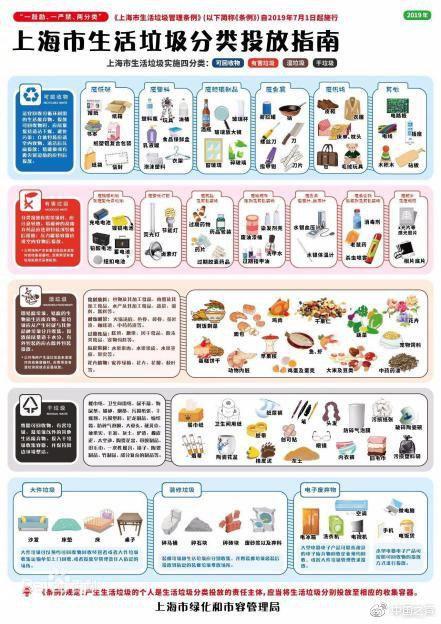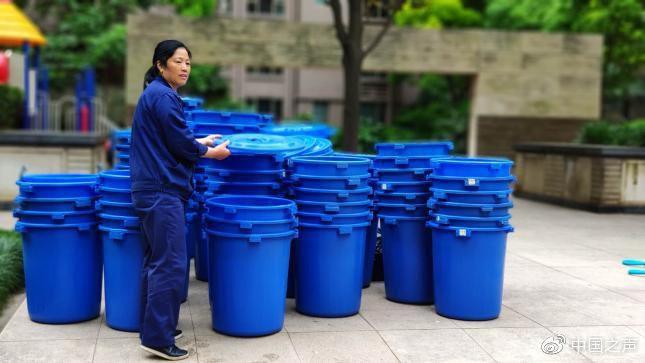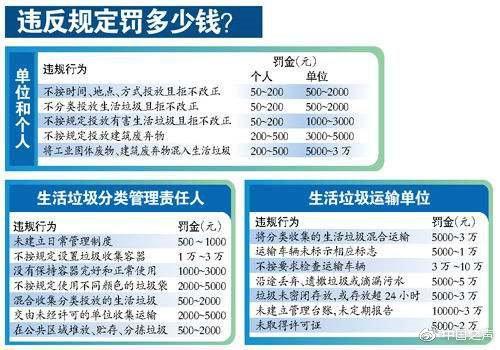Wuzhou, located in the throat of Guangdong and Guangxi, where the three rivers meet. During the Great Revolution, a group of revolutionary pioneers, led by Comrade Zhou Enlai, successively came to this hot land to light the fire of Guangxi Red Revolution.
Eighteen firsts, such as the first Party branch, the first prefectural party committee and the first rural branch, were born here. The earliest red revolutionary fire in Guangxi was sown in Wuzhou and later spread to Bagui.
Datong hotel former site
Red fire is bred here.
When it comes to the establishment of the Communist Party of China (CPC)’s first party branch in Guangxi, we have to start with Wuzhou Datong Hotel.
Datong Hotel was built in 1920. The former site was located at No.35 Datong Road, Wuzhou City. When it was completed, it was a four-story building, facing the Xijiang River and close to the passenger terminal. It was a large-scale and elegantly decorated hotel in Wuzhou at that time. In addition to guest rooms, it also had a Chinese restaurant and a western restaurant. Today, the renovated Datong Hotel has become a red education base, inheriting the red spirit.
Time goes back to the Great Revolution.
One night in September 1925, Zhou Enlai, then member of the Standing Committee of Guangdong District Committee of the Communist Party of China and secretary of the Military Commission, came to Wuzhou. His public identity is the director of the Political Department of the First Army of the National Revolutionary Army. In order to avoid attracting the attention of the Kuomintang authorities, he dressed lightly and simply, took only one attendant guard, dressed up as going home to visit his relatives, and secretly came to Wuzhou by boat from Guangzhou.
The next day, under the arrangement of Long Qiyan, editor-in-chief of Wuzhou Republic Daily and secretary of Wuzhou Branch of the Communist Youth League, Zhou Enlai checked into the ordinary guest room on the left front side of the third floor of Datong Hotel. The window of the guest room faces south, with a view of the river. The furnishings in the room are ordinary, with only a square table, a writing desk, a few wooden chairs and square stools, which are not easy to attract attention. In this room, Long Qiyan and members of the Wuzhou branch of the Communist Youth League, Zhou Ji, Zhong Shan and Li Xuetears, respectively reported to Zhou Enlai the political situation and revolutionary activities in Guangxi, as well as the situation and problems of workers, youth and women’s movements in Wuzhou.
After listening to the report, Zhou Enlai analyzed the domestic revolutionary situation, affirmed Wuzhou’s efforts for the revolution, and gave clear instructions on the preparation of Wuzhou Party organizations, the propaganda of Marxism-Leninism, and the development of labor movement, agricultural movement, student movement and women’s movement.
The next day, Zhou Enlai secretly left Wu to return to Guangzhou, and then reported the situation in Wuzhou to the Guangdong District Committee of the Communist Party of China, believing that Wuzhou had the conditions to establish a party organization. In late October of that year, the Guangdong Committee of the Communist Party of China approved the relevant plan to establish a party organization in Wuzhou.
Wuzhou branch of the CPC was established in Wuzhou Republic of China Daily, code-named "Wu Zhuzhi", under the leadership of Guangdong District Committee of the CPC. This is the first the Communist Party of China (CPC) branch established in Guangxi, marking the "rise" of party flag, the first side of Guangxi, in Wuzhou. Since then, the cause of party building in Guangxi has developed vigorously with the trend of "based on Wuzhou, along Jiangxi and expanding the whole of Guangxi".
Datong Hotel has left behind the footprints and inculcation of Comrade Zhou Enlai, bearing the glorious history of communist party people who founded the Party organization and started the journey of the Red Revolution in Guangxi.
This is a key chapter in the opening of Guangxi’s party history, an important landmark of Guangxi’s red revolution, and the first stop to tell the story of Guangxi’s red revolution and spread its culture.
Wuzhou prefectural Committee former site
A single spark starts a prairie fire from here.
Wuzhou was chosen by history, and the ancestors chose No.4 building in Xingren Lane, Jianshe Road, which is just one lane away from Jinlong Lane, where the local rich gentry lived, as the seat of the CPC Wuzhou Committee. The building was built between the 1910 s and 1920 s, with three floors of brick and wood structure, covering an area of 54.6 square meters and a construction area of 141.96 square meters.
In December, 1925, Wuzhou prefectural committee of CPC established the first regional organization of CPC in Guangxi. This was the party’s early leading organ in Guangxi, with Tan Shoulin as the prefectural party committee secretary.
This small building became the base for leading the revolutionary movement in Guangxi at that time. While launching and leading the revolutionary movement of workers and peasants, we paid close attention to the development of party organizations and constantly expanded the party ranks. Under the leadership of CPC Wuzhou Committee, workers, peasants, students and women in Wuzhou launched a vigorous anti-imperialist patriotic struggle, which greatly promoted the development of Wuzhou and Guangxi revolutions. At the same time, Wuzhou prefectural committee of the Communist Party of China also vigorously carried out Marxist propaganda, and sent party member and league members to Nanning, Liuzhou, Guilin, Yulin, Guiping, Rongxian, Pingnan and other places to carry out party building and league building work, so as to promote the spread of revolutionary ideas in Wuzhou and even Guangxi, and the revolutionary movement in Guangxi quickly reached a climax, and a single spark expanded into a prairie fire.
On August 1, 1979, the exhibition hall of the former site of CPC Wuzhou Committee and Guangxi Special Committee, which is located next to the former site of CPC Wuzhou Committee, was completed and officially opened to the public.
On the occasion of the centenary of the founding of the Communist Party of China (CPC), the exhibition hall of the former site of the CPC Wuzhou Committee and Guangxi Special Committee was renovated and upgraded. Through detailed historical materials, it tells the story of the Communist Party of China (CPC)’s early organization in Wuzhou and the rapid development of Guangxi’s revolutionary movement under the leadership of the party organization during the Great Revolution and the Agrarian Revolutionary War. It has become a model of Guangxi’s revolutionary former site memorial hall that integrates red cultural tourism, patriotism and revolutionary tradition, and has become an important classroom for the whole region to carry out party history study and education.
Guangxi special Committee former site
Guangxi revolutionary movement came to a climax from here.
In 1927, after the "April 12th" counter-revolutionary coup, the CPC’s party organization in Wuzhou suffered serious damage, and the CPC’s Wuzhou District Committee was changed to the CPC’s Guangxi District Committee, which governed the whole province of Guangxi. In January 1928, the CPC Guangxi Committee was reorganized as the CPC Guangxi Special Committee to meet the needs of the new revolutionary situation. In September of the same year, the Guangxi Special Committee of the Communist Party of China was changed to the Guangxi Provisional Provincial Committee of the Communist Party of China according to the instructions of the CPC Central Committee.
The former site of Guangxi Special Committee of the Communist Party of China, located at No.4 East Lane of Weixinli, is a four-story building with brick and wood structure. This century-old building witnessed generate, the flame of Wuzhou Revolution, and recorded the rugged development road of Guangxi Special Committee of the Communist Party of China and Guangxi Provisional Provincial Committee.
The building covers an area of 109 square meters, with a building area of 277 square meters. It is a typical modern Lingnan residential building and an important revolutionary site where the Communist Party of China (CPC) led and carried out revolutionary activities in Guangxi. In August 1982, the former site of the Guangxi Special Committee of the Communist Party of China was listed as a cultural relic protection unit in the autonomous region. After renovation in 2014, the former site of Guangxi Special Committee of the Communist Party of China was officially opened to the public, and it was listed as a national key cultural relics protection unit. It is the patriotic education base in Guangxi, the first batch of CPC history education bases in Guangxi and the anti-corruption education base in Wuzhou City.
From then on, Wuzhou quickly became the root vein and leading center of Guangxi revolutionary movement at that time. Write down 18 "firsts" to be proud of in the history of Guangxi Party: the first CPC branch, the first prefectural party committee, the first workers’ branch, the first rural branch, the first women’s branch, the first provincial party organization, the first municipal party committee, the first university branch and university district committee, the first female CPC party member, the first local league organization, the first youth league branch, the first youth league special branch, and the first. The first city-wide trade union, the first women’s organization, the first city-wide student union led by the party, the first rural peasant association, and the first city to realize cooperation between the Kuomintang and the Communist Party.
Subsequently, the baise uprising, Longzhou Uprising, Xiangjiang Campaign … Wuzhou ignited the Red Revolution in Guangxi and quickly formed a prairie fire. With their courage and wisdom, the Communist Party of China (CPC) people have strengthened their belief in the times in the changing situation, which has made the red revolution in Guangxi ablaze and the red gene passed down from generation to generation. (Reporter Liang Gansheng correspondent Liu Bochun)



